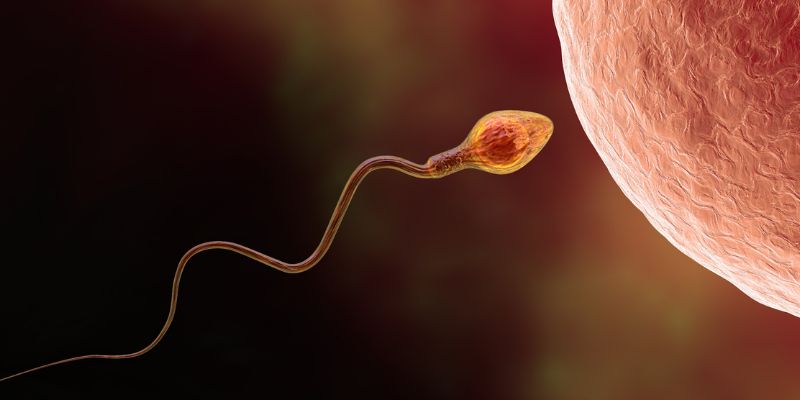A recent study suggests that a new technique which measures the age of sperm could predict the chances of success of getting pregnant.
The research revealed that sperm ‘aging clocks’ could be a biomarker to predict how long it could take for a couple to become pregnant.
The researchers at the Wayne State University School of Medicine also highlighted the significance of the male partner plays a key role in the success of reproduction.
Dr J. Richard Pilsner, lead author of the study, explained: “Chronological age is a significant determinant of reproductive capacity and success among couples attempting pregnancy, but chronological age does not encapsulate the cumulative genetic and external – environmental conditions – factors, and thus it serves as a proxy measure of the ‘true’ biological age of cells.”
He continued: “Semen quality outcomes utilising World Health Organization guidelines have been used to assess male infertility for decades, but they remain poor predictors of reproductive outcomes. Thus, the ability to capture the biological age of sperm may provide a novel platform to better assess the male contribution to reproductive success, especially among infertile couples.”
Sperm epigenetic aging is defined as the biological aging of sperm, not to be confused with the chronological aging of sperm.
The study involved 379 male partners of couples who had stopped using contraception in order to become pregnant.
Results found that there was a 17% lower cumulative probability of pregnancy after a year for couples with male partners in older sperm epigenetic aging categories.
Researchers also noticed that men who smoked had a higher sperm epigenetic aging.
Dr Pilsner believes the results show that higher sperm epigenetic aging is linked to taking longer for a couple – who are not undergoing fertility treatment – to become pregnant, and is associated with couples that became pregnant, with shorter gestation.
The team says the link between sperm epigenetic aging and the probability of becoming pregnant, and the slowing or reversal of this aging by making particular lifestyle choices and/or taking pharmacological interventions, justifies the need for further research into the topic.
It is also crucial to identify the possible effect of sperm epigenetic aging on children’s health and development, as there is a greater risk for older fathers to have children with adverse neurological outcomes.
“There is a critical need for new measures of male fecundity for assessing overall reproductive success among couples in the general population. These data show that our sperm epigenetic clocks may fulfil this need as a novel biomarker that predicts pregnancy success among couples not seeking fertility treatment. While chronological age of both partners remains a significant predictor of reproductive success, our clocks likely recapitulate both external and internal factors that drive the biological aging of sperm,” said Dr Pilsner.
“Such a summary measure of sperm biological age is of clinical importance, as it allows couples in the general population to realise their probability of achieving pregnancy during natural intercourse, thereby informing and expediting potential infertility treatment decisions.”
The study was published in the journal Human Reproduction.






